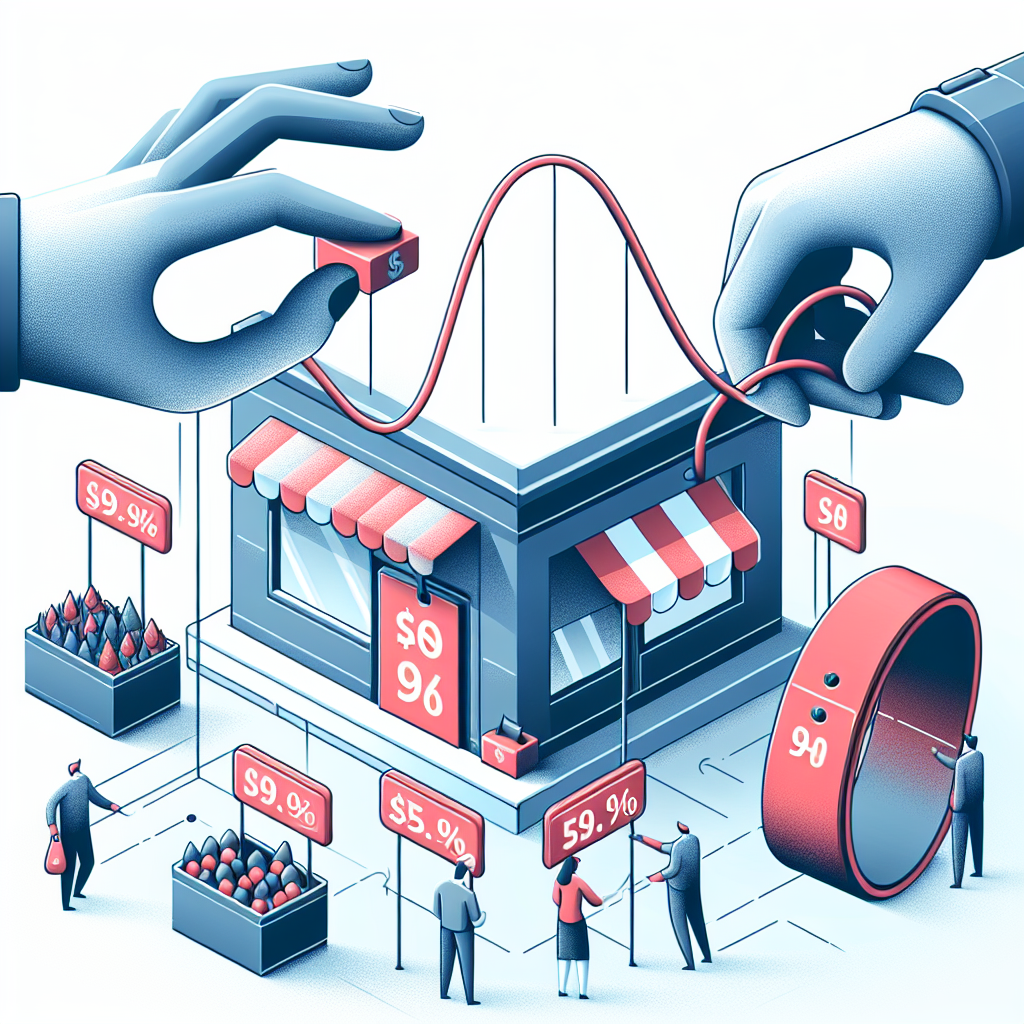Digital Transformation in Marketing: Kotler’s Insights
Philip Kotler, often referred to as the "Father of Modern Marketing," has profoundly shaped how businesses approach marketing. His foundational frameworks, such as the Four Ps (Product, Price, Place, Promotion), have guided marketers for decades. However, as the digital revolution transforms industries, Kotler’s principles remain not only relevant but also critical for navigating this new landscape. By integrating his timeless insights with modern digital tools and strategies, businesses can adapt to the ever-evolving demands of today’s customers.
The Digital Revolution and Marketing Transformation
Digital transformation in marketing refers to the integration of digital technologies into all aspects of marketing operations. This shift has redefined how companies engage with customers, collect data, and deliver value. Social media platforms, e-commerce, artificial intelligence (AI), and machine learning have created a new paradigm where personalization, immediacy, and customer-centricity are paramount.
Kotler’s frameworks provide a robust foundation for this transformation. His emphasis on understanding customer needs, creating genuine value, and fostering long-term relationships aligns seamlessly with the opportunities presented by digital tools. Let’s explore how Kotler’s principles apply in today’s marketing landscape.
1. The Evolution of Marketing: From 1.0 to 5.0
Kotler’s conceptualization of marketing evolution—Marketing 1.0 to 5.0—captures the progression from product-centric strategies to human-centric and technology-driven approaches:
Marketing 1.0 (Product-Centric):
Focused on creating and selling products.Marketing 2.0 (Customer-Centric):
Introduced emotional connections with customers.Marketing 3.0 (Value-Driven):
Emphasized societal impact and compassion.Marketing 4.0 (Digital-Centric):
Integrated digital tools to enhance customer journeys.Marketing 5.0 (Technology for Humanity):
Combines AI, big data, and automation with a focus on creating meaningful customer experiences.
In the digital age, Marketing 5.0 is particularly relevant. Technologies like AI-driven personalization, predictive analytics, and chatbots enable marketers to anticipate customer needs and deliver tailored solutions at scale. Kotler’s emphasis on creating genuine value remains central—technology is a tool to enhance human connection rather than replace it.
2. The Four Ps in the Digital Age
Kotler’s Four Ps framework—Product, Price, Place, Promotion—continues to guide marketing strategies but requires adaptation in the context of digital transformation:
a) Product: Beyond Functionality
In the digital era, products must not only meet functional needs but also align with customers’ lifestyles and values. For example:
- Companies like Apple position their products as symbols of innovation and status.
- Digital tools allow for rapid iteration based on customer feedback, ensuring products remain relevant.
b) Price: Dynamic and Transparent
Digital platforms have introduced pricing transparency and dynamic pricing models:
- Customers can compare prices instantly online.
- AI-driven algorithms enable personalized pricing based on customer behavior.
c) Place: Omnichannel Distribution
The concept of "Place" has expanded to include both physical and digital channels:
- E-commerce platforms like Amazon ensure global accessibility.
- Hybrid models (e.g., buy online, pick up in-store) cater to diverse customer preferences.
d) Promotion: Data-Driven Engagement
Digital tools have revolutionized promotional strategies:
- Social media platforms enable targeted advertising based on user data.
- Content marketing fosters deeper engagement through blogs, videos, and social media posts.
3. Customer Centricity: The Core of Modern Marketing
Kotler has long emphasized that customers are at the heart of successful marketing strategies—a principle amplified in the digital age:
Personalization:
AI enables hyper-targeted campaigns that resonate with individual preferences.Customer Journey Mapping:
Digital tools allow businesses to track every touchpoint in a customer’s journey, from awareness to advocacy.Real-Time Engagement:
Social media and chatbots facilitate instant communication with customers.
For instance, Spotify uses data analytics to create personalized playlists for users, enhancing engagement and loyalty.
4. Purpose as the Fifth P
Kotler introduced "Purpose" as an extension of his original Four Ps framework:
- In today’s socially conscious marketplace, brands must align their strategies with broader societal goals.
- Companies like Patagonia exemplify this by embedding sustainability into their business model.
Purpose-driven marketing resonates deeply with modern consumers who prioritize ethical considerations alongside product quality.
5. Data-Driven Decision Making
The digital revolution has unleashed an unprecedented volume of data that marketers can leverage:
- Predictive analytics helps forecast trends and optimize campaigns.
- Customer Relationship Management (CRM) systems track interactions across multiple channels.
- Machine learning algorithms provide actionable insights into consumer behavior.
Kotler’s principle of understanding customer needs is amplified by these tools—marketers can now anticipate needs before they arise.
6. Strategic Thinking in a Rapidly Changing World
Kotler advocates for strategic thinking as a precursor to tactical execution:
- In a fast-paced digital environment, businesses must stay ahead by forecasting trends and adapting proactively.
- Continuous learning is essential for maintaining relevance.
For example, companies that embraced AI early are now reaping competitive advantages in personalization and efficiency.
7. The Role of Technology in Enhancing Customer Experience
Digital transformation enables marketers to create seamless and engaging experiences:
Omnichannel Integration:
Customers expect consistency across all touchpoints—websites, apps, social media, etc.Automation:
Tools like marketing automation streamline repetitive tasks while enhancing personalization.Interactive Content:
Virtual reality (VR), augmented reality (AR), and gamification engage users in innovative ways.
These advancements align with Kotler’s vision of delivering superior value through innovation.
8. Challenges in Digital Transformation
While the opportunities are vast, digital transformation also presents challenges:
Data Privacy Concerns:
Balancing personalization with privacy is critical as consumers become more cautious about sharing information.Technological Complexity:
Implementing advanced tools requires significant investment and expertise.Evolving Consumer Expectations:
Marketers must continuously adapt to shifting preferences and behaviors.
Kotler’s emphasis on agility and adaptability provides a roadmap for overcoming these hurdles.
Conclusion: Kotler’s Enduring Relevance
Philip Kotler’s principles remain a cornerstone of effective marketing strategy in the digital age. By integrating his timeless insights with modern technologies, businesses can navigate the complexities of today’s landscape while staying true to core values like customer centricity and purpose-driven innovation.
As we move further into an era defined by AI-driven personalization and omnichannel engagement, Kotler’s teachings serve as both a guidepost and a challenge—to use technology not merely for efficiency but to create meaningful connections that enrich customers’ lives. In doing so, marketers honor Kotler's legacy while pioneering new frontiers in marketing excellence.
Featured Blogs
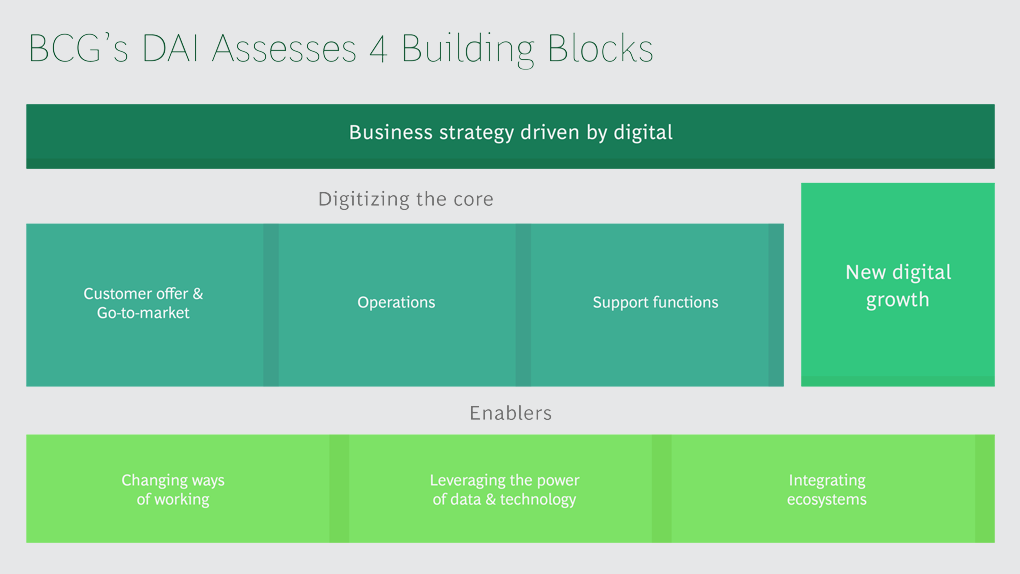
BCG Digital Acceleration Index
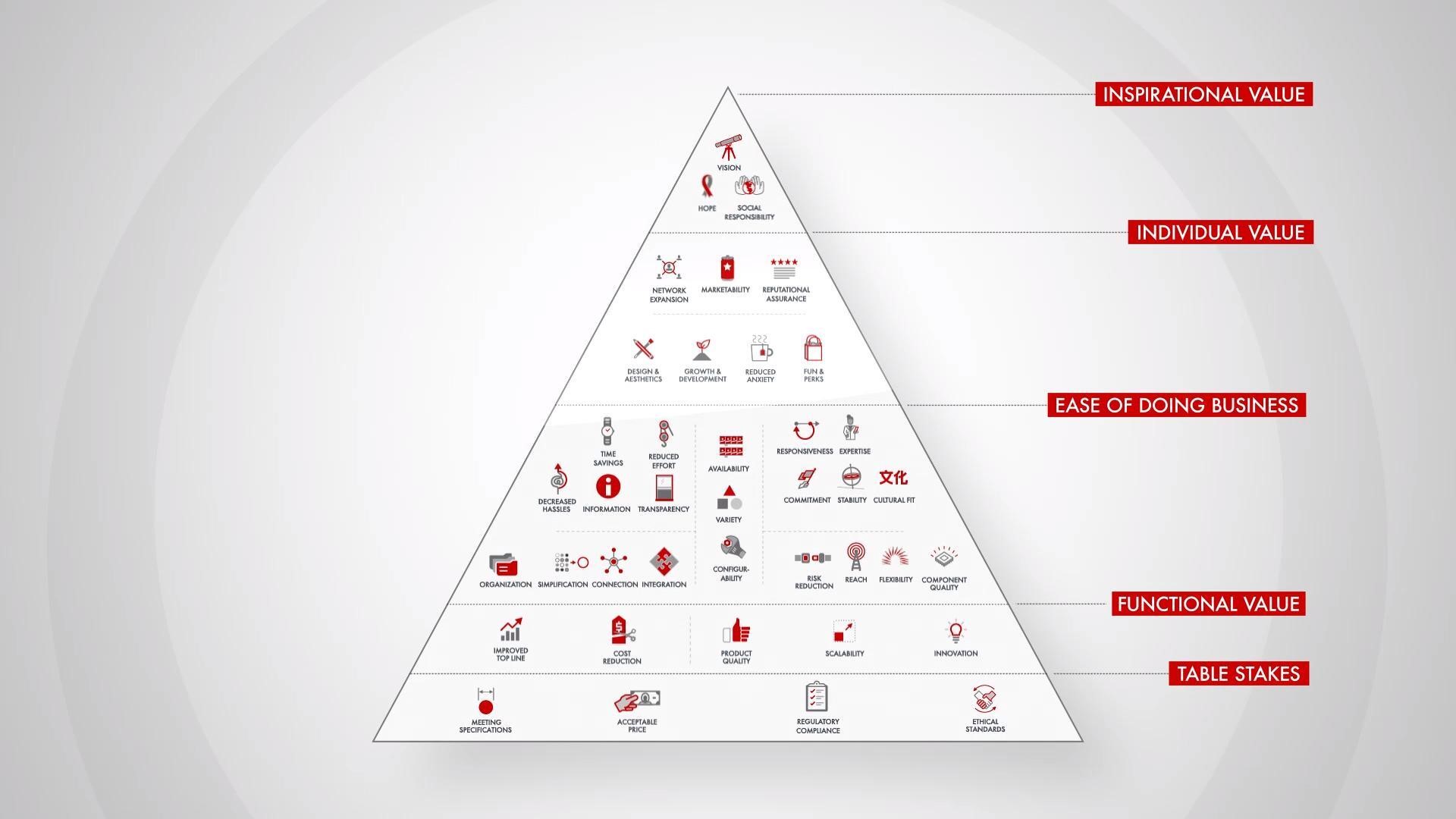
Bain’s Elements of Value Framework
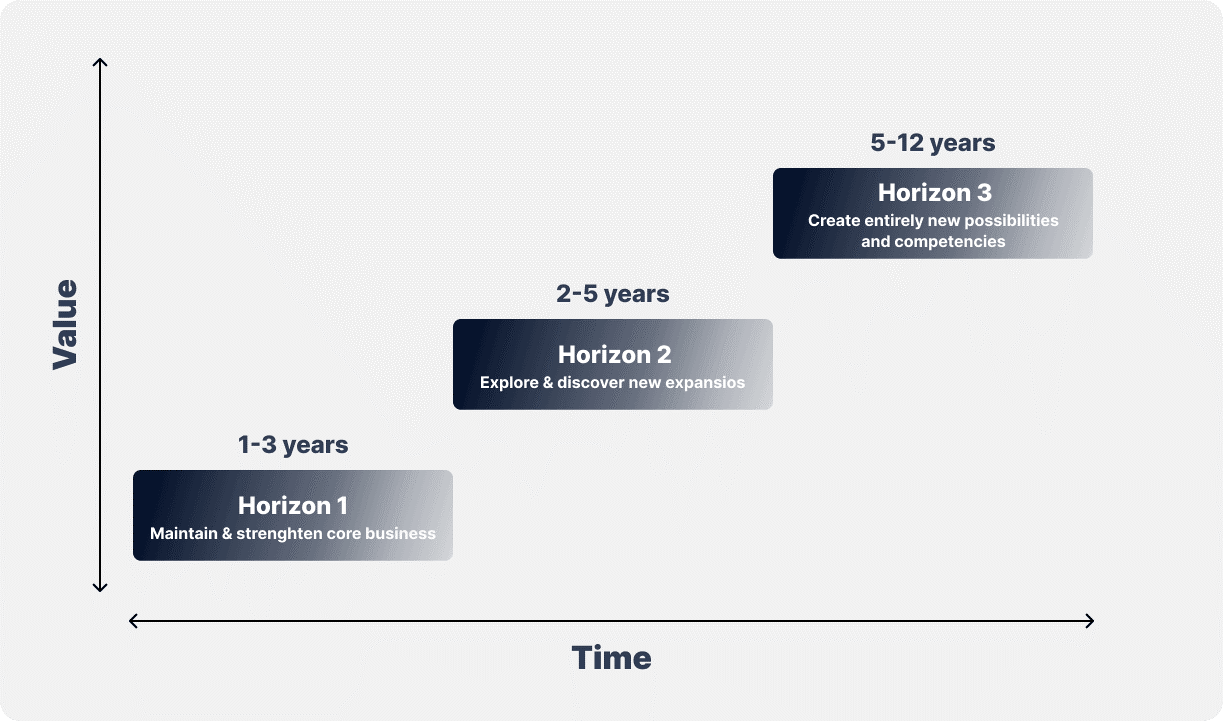
McKinsey Growth Pyramid
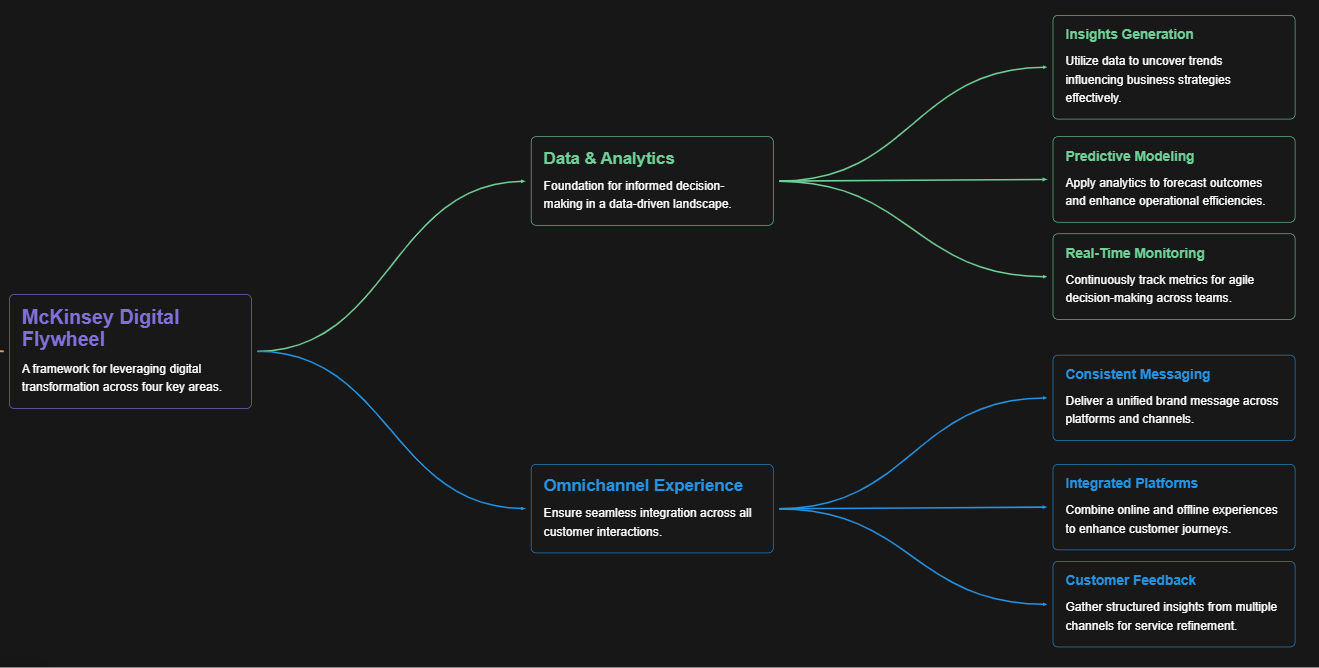
McKinsey Digital Flywheel
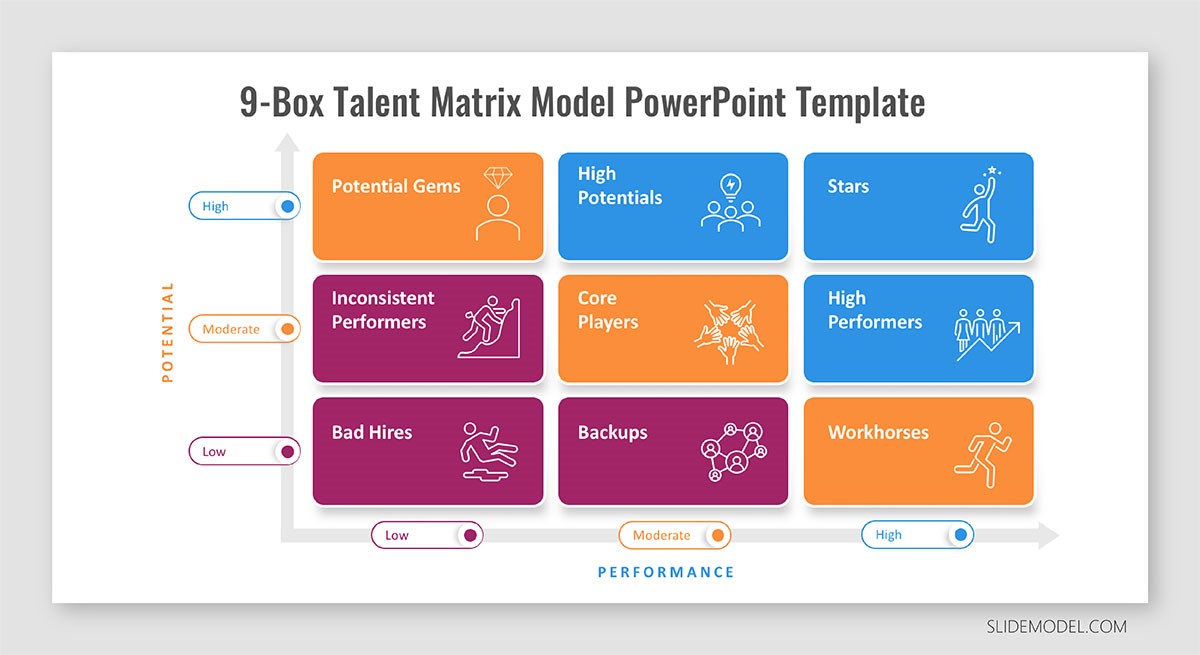
McKinsey 9-Box Talent Matrix
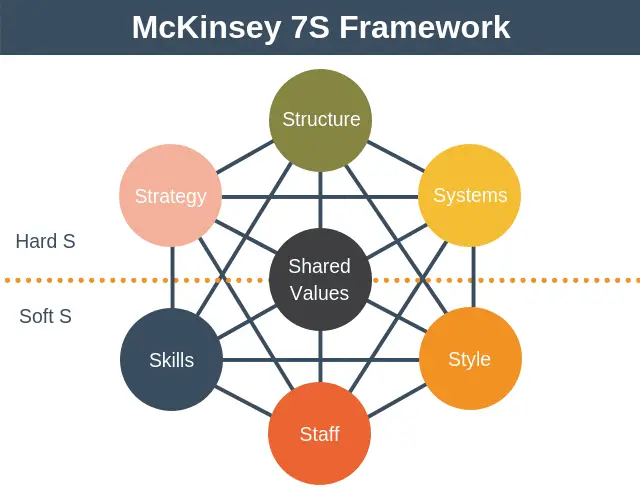
McKinsey 7S Framework
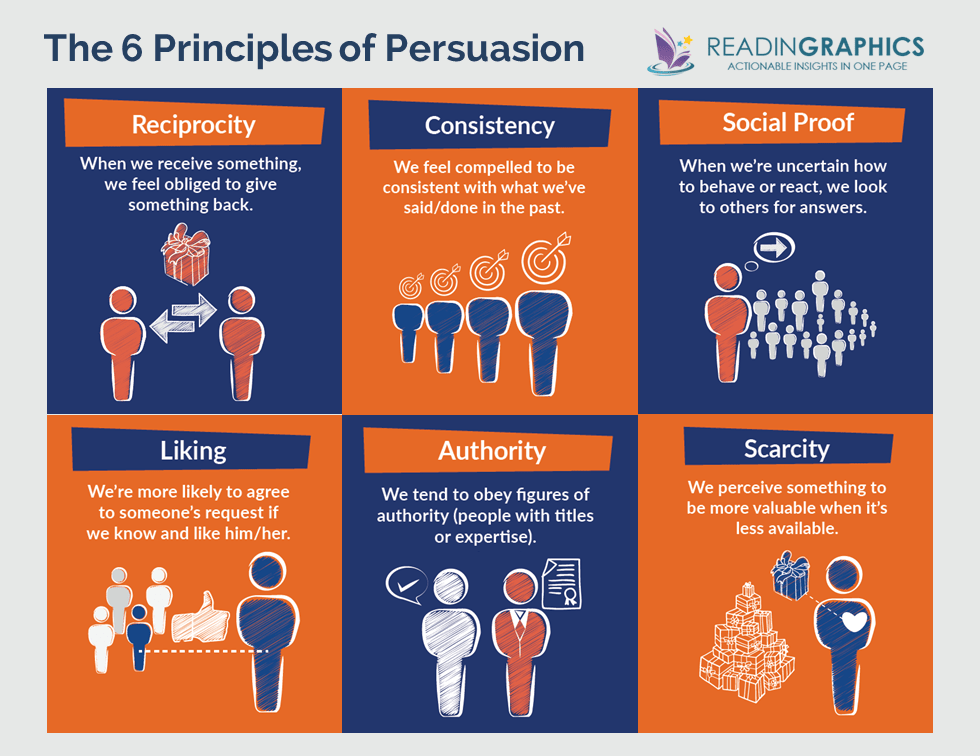
The Psychology of Persuasion in Marketing

The Influence of Colors on Branding and Marketing Psychology



